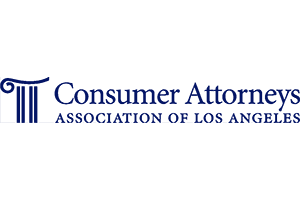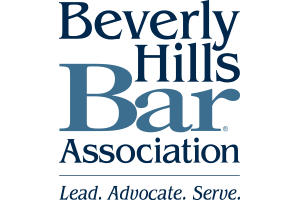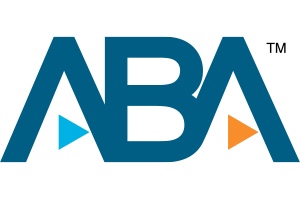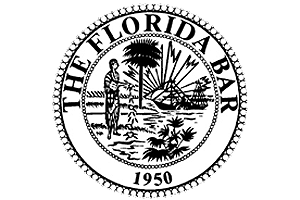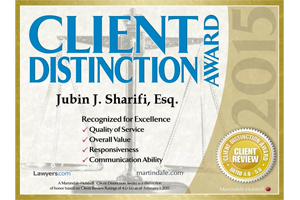In Southern and Northern California
Negligent Entrustment
Truck Accident Attorneys Serving Residents of Los Angeles
The size and weight of commercial trucks make it likely that catastrophic injuries will arise out of a collision between a truck and a smaller vehicle. Catastrophic injuries are traumatic events that may change an accident victim’s life forever, such as burns, paralysis, and brain trauma. One crucial part of truck accident cases and recovering damages is finding the potentially liable defendants. An experienced Los Angeles truck accident lawyer at Sharifi Firm can guide people in Southern California through the legal process and explore all possible theories of liability, including negligent entrustment.
Holding a Trucking Company Liable for Negligent Entrustment
A driver may not be the only defendant responsible for a truck accident. It is important to examine the evidence closely to determine whether the driver’s employer or a product manufacturer shares responsibility for the crash. A trucking company can potentially be held liable under several different theories, including respondeat superior, negligent entrustment, negligent hiring, and negligent retention.
Respondeat superior is a form of vicarious liability that makes an employer indirectly liable for an employee’s negligent driving in the course and scope of employment. However, negligent entrustment makes an employer independently liable for its negligence in entrusting its truck to a particular driver. In most cases, a claim of negligent entrustment is functionally similar to a claim of negligent hiring or retention. Both are based on awareness that someone is not fit to drive.
To prove negligent entrustment in connection with a truck accident, a victim would need to prove that the driver negligently operated the truck, the defendant owned the truck operated by the driver and gave permission for the driver to use it, the defendant knew or should have known that the driver was incompetent to operate the truck, and the driver’s incompetence was a substantial factor in causing the plaintiff’s injuries and losses.
If a plaintiff asserts both respondeat superior and negligent entrustment in California, the employer can admit vicarious liability to avoid direct liability under a negligent entrustment claim. For example, when a truck driver speeds up to keep a driver from passing, it may be sued under a theory of vicarious liability and in the alternative under a theory of negligent entrustment. The basis of the latter theory could be that the driver had two prior accidents shortly before the accident at issue and was fired for incompetence from his last few jobs. In order to avoid the admission of prejudicial evidence related to the truck driver’s prior accidents, the trucking company can offer to admit that it is vicariously liable. In that case, the plaintiff no longer has to prove the employer’s direct negligence in entrusting the vehicle to the driver.
The California Supreme Court has ruled that if an employer is willing to accept liability for its driver’s negligence, the only remaining issue is the employee’s negligence. The other evidence about the trucking company’s own negligence is no longer relevant. It is important to retain an attorney with substantial experience in California truck accident cases who understands which theory the evidence best supports and the consequences of pleading and proving the available theories.
Protect Your Rights by Enlisting a Los Angeles Lawyer after a Big Rig Crash
It is common for trucking companies and their drivers to try to avoid taking responsibility even for catastrophic accidents. Truck drivers and trucking companies may try to evade liability for a substantial damages award. If you have been injured in a motor vehicle collision caused by someone else’s negligence, the Los Angeles attorneys at Sharifi Firm are ready to assist you. We also represent truck accident victims in Temecula, Rancho Cucamonga, San Bernardino, and Riverside, among other Southern California cities. Contact us through our online form or call us at (866) 422-7222 for a free, no-obligation consultation.


